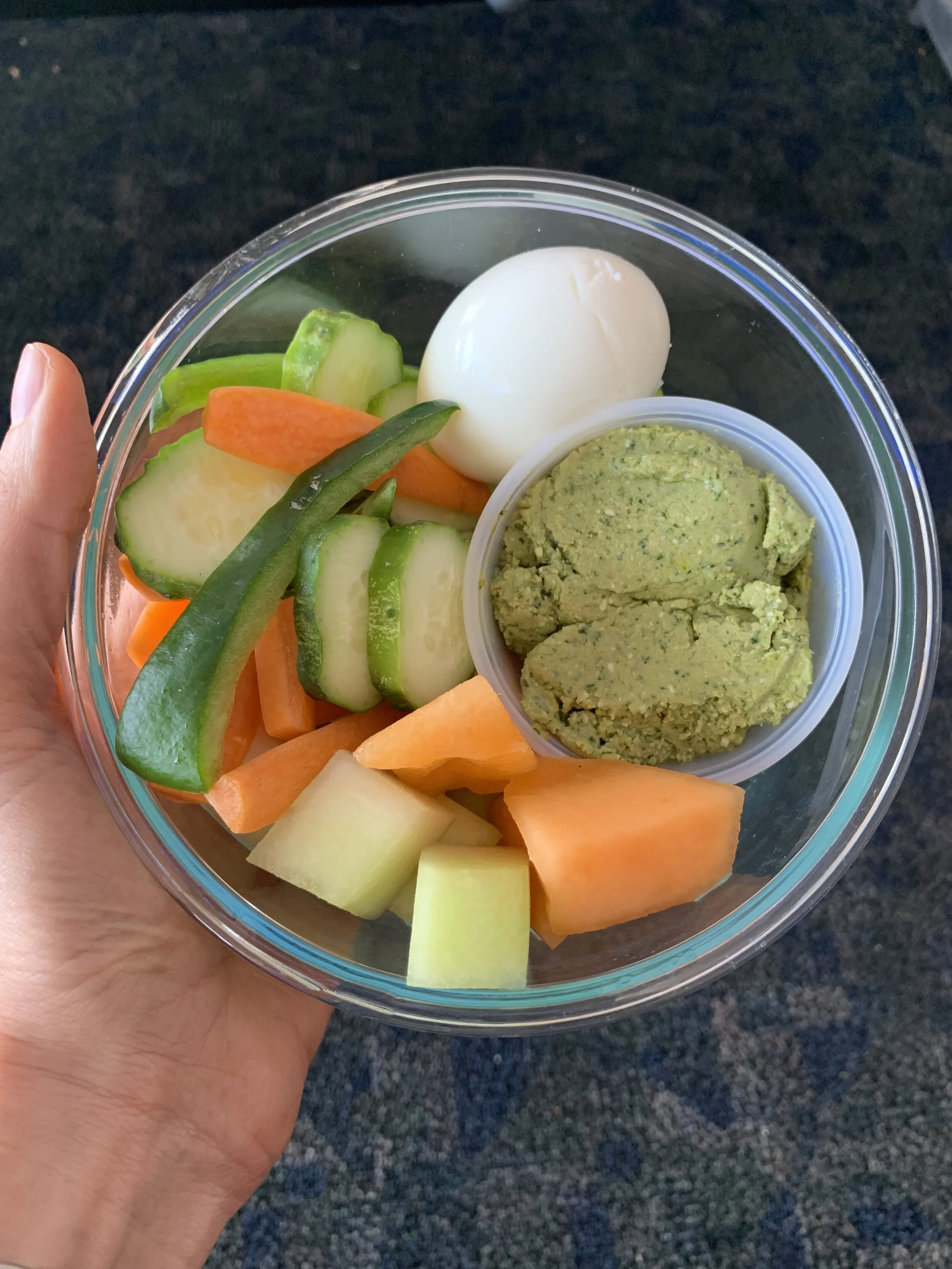Do You Need A Protein Supplement?
Hello friend and welcome to a new week!
A couple weeks ago i talked about protein in a broad sense. This week I am going get a bit more specific and hopefully answer some more of your questions about protein and it’s connection to fueling and recovering from your workouts. Soooo lets get to it!
If you are an athlete, avid gym-goer, or overall active individual I’m sure you have heard it’s recommended to consume protein immediately following a workout to capitalize on muscle gain. This comes from the theory that muscles are more likely to absorb it immediately post-exercise.
BUTTT, how much truth does this recommendation hold?
Well, it truly depends on the type of exercise, your goals, and how much protein you are consuming throughout the day. In general, highly active individuals require a higher intake of protein, especially following hard training. But how much more might you ask? Highly active individuals need about 1.5 to 2 times more protein than a non-active person.
SOOO protein consumed after exercise has been shown to stimulate protein synthesis BUT is protein from food sufficient or should you add a protein supplement? Does the time of consumption really make a difference?
Protein supplements, such as protein powders, can be a good resource if you are having a hard time meeting the increased protein recommendation. Studies show that there is not a significant difference in muscle growth when consuming proteins from whole foods versus powders as long as you are meeting the requirements. However, there are certain types of exercise that cause more muscle breakdown than others and may benefit from protein consumption shortly afterward. Let’s break down the facts:
Strength trainers looking to gain (muscle, weight): In resistance exercises, muscle breakdown is increased and requires protein intake during recovery to stimulate muscle repair and growth. Studies have shown that the most benefits are seen when protein is consumed before and after resistance training.
Endurance trainers: Aerobic exercise could benefit from consuming protein beforehand to support energy levels, limit muscle damage and enhance performance.
Fair warning: allow yourself to digest 1-2 hours before exercise to avoid digestive upset or hamper performance.
Protein consumption post-exercise has been shown to enhance muscle recovery. Especially, if you are new to cardiovascular exercise and experiencing higher muscle breakdown as your body adapts. Versus when you are an experienced endurance athlete, protein needs may decrease due to increased adaptations in protein utilization.
Duration/Distance: Sometimes, whether protein supplementation will be beneficial or not comes down to what your mileage is. The longer the duration (> 1 hour) or distance (> 5 miles) under activity, the longer the body is without replenishment and the more muscle breakdown occurs. In this circumstance, a protein supplement shortly after the exercise may be beneficial to a quicker recovery.
Timing:
Some studies suggest that consumption of up to 20 grams of protein within 30 - 60 minutes post-exercise helps support a quicker recovery and limits muscle breakdown. However, conflicting studies say timing isn’t as important as increasing overall protein intake throughout the day. Confused? Simply, while the debate about the timing of post-exercise protein consumption is quite controversial, you can assume the earlier after exercise you consume protein, the sooner the recovery process begins.
When is food enough?
To capitalize on protein utilization and muscle growth, the optimum quantity of protein to consume after exercise is about 20-25 grams at 3-4 hour intervals. There is no muscle-building benefit to consuming more than roughly 35 grams. If you can achieve this quantity per meal with food alone then there is no dire need to add in a protein supplement. Additionally, the muscle-building effect is enhanced when carbohydrates are simultaneously consumed so that is another benefit of consuming protein in whole food form.
If you need some inspiration for different protein sources, consider incorporating more whole grains, nuts, and legumes to contribute to your overall protein intake (look back to a couple posts ago where I go more into different sources of proteins here). Some whole grains and legumes such as lentils, edamame, black beans, chickpeas, and pinto beans have about 5 grams or more of protein per 1/2 cup. Nuts, seeds, and their butter’s such as peanut butter, pumpkin seeds. peanuts, almonds, pistachios, flax seeds, sunflower seeds, and chia seeds have about 5 grams of protein per 1 ounce serving.
Eating smaller meals throughout the day that are packed with protein can also be a great way to meet your protein needs. Make his feta and spinach hummus recipe during your next meal prep session for a protein filled snack to have throughout the week!


